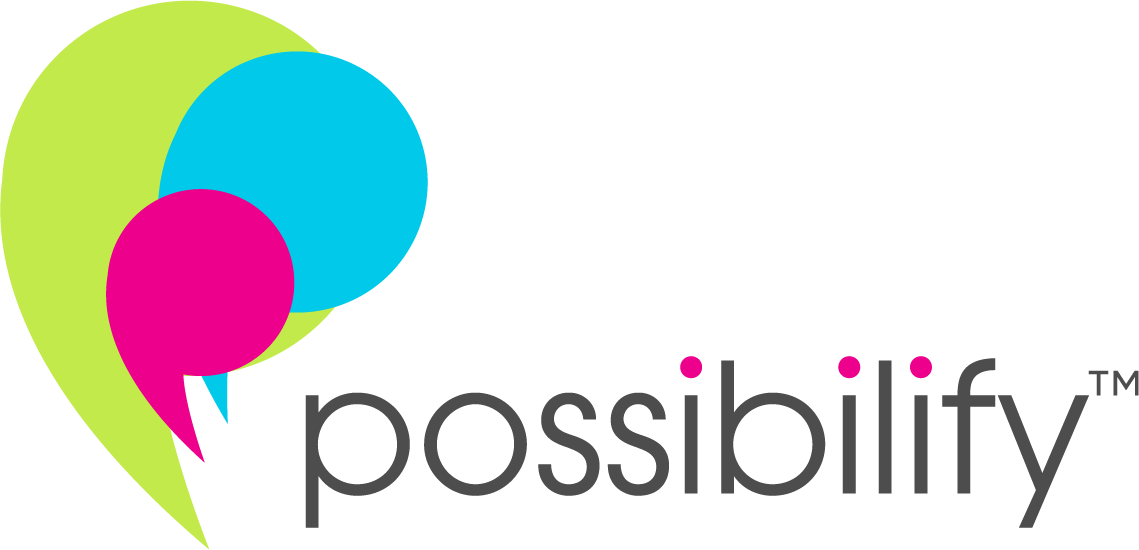- Anti-Racism Tip #7: Speaking Up: Five Tips to Call Out Offensive Comments at Work - July 20, 2021
- Glimpsing the Teenaged Mind During Family Walks - February 2, 2021
- Trauma Recovery: 4 Tips to Find Your Way Through the Muck - September 29, 2020
Jennifer Halinda, the Executive Director of Dress for Success, recently gave some great advice on our International Women’s Day panel. She told participants to “Know Your Value and Add The Tax”. (The other panelists had great advice too and I’ll save their wisdom for a future post!)
Knowing my own worth, my own value, has been something I’ve found difficult – never mind adding the tax!! So, as you can imagine, Jennifer’s advice really resonated for me. Whenever I’m asked to describe my role or my contributions, I really struggle to articulate them. It’s a lot easier for me to point out the value my team members bring to the table than it is for me to figure out what my own contribution is.
Having a Mirror
Since it’s easier for me to talk about my team members’ contributions, I sometimes flip the question of how to value my own contributions on its head and ask a few key trusted team members to be a mirror for me. That is, I ask them to tell me what they value about my presence and my contributions. In the past, when I’ve done this, I learn what others value about:
- my style
- advocacy for my people
- the energy I bring to a situation
- my content knowledge, among other things.
(I also learned that one of my trusted colleagues thought I should try to get onto a “What Not to Wear” episode but that’s probably another blog post…)
If you’re like me, I’d encourage you to ask people around you for their input. And also to listen carefully to the people around you. One of my colleagues calls me “sunshine” and there’s a reason for it… Listening to others has helped me better understand my contributions, but this is still a “work in progress” for me.
Working on Negotiating
More broadly, women still have work to do to make sure we get recognized and rewarded for our value.
Typically in the workplace, an important part of that recognition and reward is in the form of compensation. Linda Babcock did a study for her book Women Don’t Ask. She asked people, “When you got your (job) offer, did you attempt to negotiate?” She found that about 7% of women attempted to negotiate, while 57% of men did. This has significant implications since she also found that those who negotiated were able to increase their salary by over 7%!
I tried to negotiate my pay once. One of my first jobs during high school was as a receptionist at a car dealership. When I started, I was paid minimum wage, which was about $4.50/hour. After working there for over a year and a half, and being asked to take on additional responsibilities, I thought I should ask for a raise. So I summoned up my courage and went to set up an appointment with the office manager about my pay. She was open to having a meeting about it, but I was busy and nervous about the meeting, so I didn’t schedule it. She even reminded me about it a couple of times. And then, even though I didn’t have the meeting, she gave me a small raise to $5.50/hour.
This story demonstrates that since the very beginning of my working life, I have always struggled with having these conversations – with asking that my pay reflect my value. As I reflect on this, I realize that I haven’t liked negotiating because I viewed it as conflict. And I do not like conflict.
Recently, I was at a training course where we were talking about negotiating as a puzzle, instead of as conflict. When I reframe negotiation as a puzzle, then I think about it as a set of pieces I’m trying to figure out rather than as a conflict. I share this because thinking about negotiation as solving a puzzle might be a helpful tool in your toolkit too.
Letting your Intuition be your Guide
A couple of years ago, I went to a holiday craft fair and was drawn to a booth where a woman was selling all kinds of bracelets made of various gemstones.
I was looking around and she said to me: “Choose the one that calls to you.”
I thought to myself: “It sounds a bit ‘woo woo’ but okay, I’ll give it a shot.”
In the end, I chose a lovely bracelet made of garnet, which I have worn ever since.
Later I was consulting with a friend, Katja Ehlers, who is amazing and does incredible coaching and energy work, and she looked up the meaning of garnet for me. Garnet is a stone that among other things, helps you to know your value.
At work, I’m in a leadership role, so people often look to me for guidance, and I have learned that if I’m feeling uncertain about my own value, it’s hard to be confident in leading others. When I find myself in a situation where I’m not sure what to do, I notice myself playing with this bracelet while I figure it out. It helps to keep me grounded. When I feel the smooth stones beneath my fingers, they remind me that I earned my way to this role. The bracelet reminds me that my experience and approach are what’s valuable. And most of all, it reminds me to trust myself.
Putting a Premium on Your Value
So know your value…and I love the idea of adding the tax!
It’s not about just asking for the minimum value you’re worth. It’s about putting a premium on your worth, on your value, on your contributions. One obvious area to apply this principle is in salary negotiations, but I’m going to start simpler. I’m going to start with how I spend my time and the extra responsibilities I’m asked to take on.
I make my best contributions when I’m energized, taking care of myself by exercising and eating healthy, spending time with family and friends, and getting enough sleep. So when I’m asked to take on more, I put it in the context of knowing my own value, and whether it’s going to help me be present and bring my full potential or not.
Jennifer’s advice to ‘know your value and add the tax’ helps me to reframe how I think about my own contribution and value. By putting this lens on decisions, I feel good about saying “No” to certain things, putting up boundaries, and it also reminds me to value myself.
How do you make sure you really know your value and add the tax? Post a comment below and let us know.
If you enjoyed this article, check out:
Photo by Daoudi Aissa on Unsplash


Recent Comments